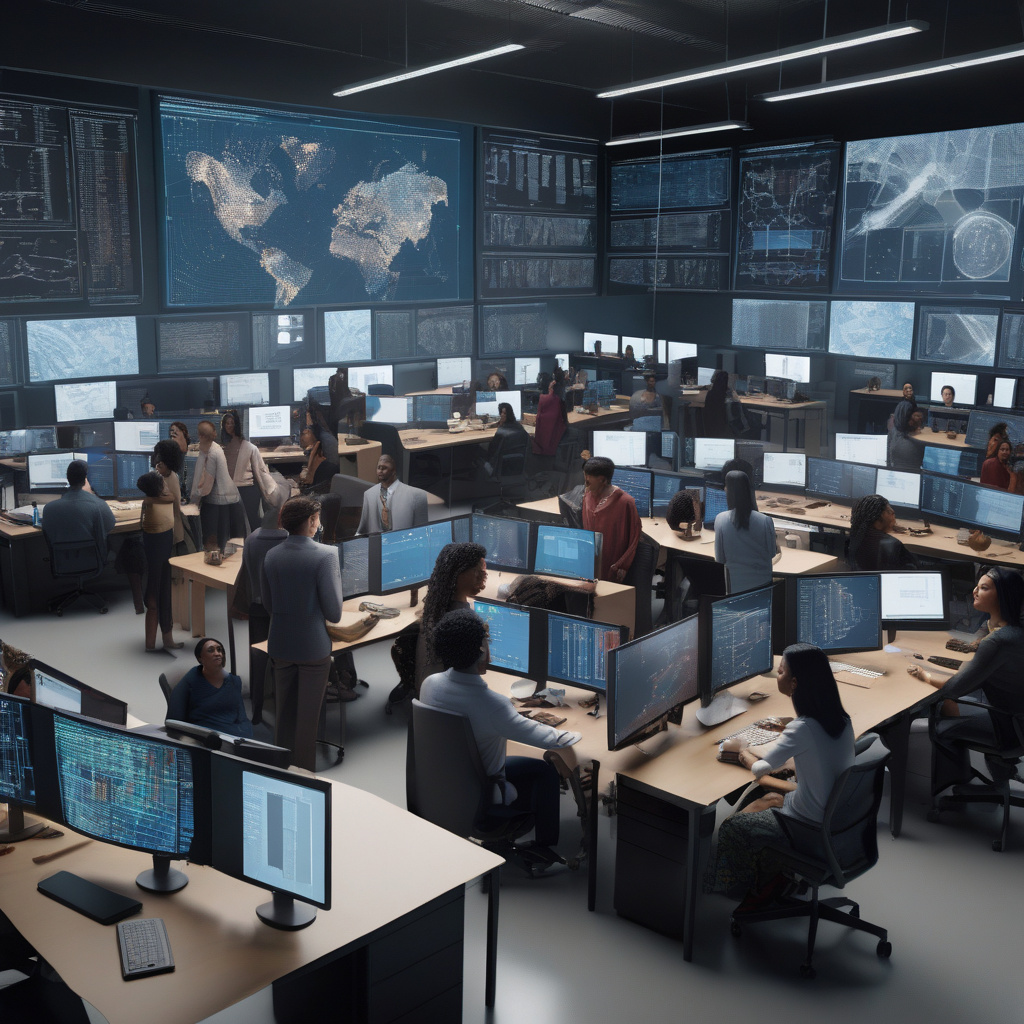In the ever-evolving landscape of software development, the quest for efficiency and innovation drives teams to explore cutting-edge solutions like Artificial Intelligence (AI) to tackle challenges such as large-scale code modernization. While AI holds great promise in automating tasks and enhancing productivity, its application in this particular domain encounters significant hurdles that prevent it from being a standalone solution. Let’s delve into why AI alone falls short when it comes to large-scale code modernization.
The Complexity of Codebases
At the heart of the matter lies the intricate nature of existing codebases. Years of development, multiple contributors, and evolving requirements have led to the creation of complex and interconnected systems. AI, although powerful in its capabilities, may struggle to fully comprehend the nuances and intricacies embedded within these vast code repositories. Understanding the context, dependencies, and business logic encoded in legacy systems requires more than just pattern recognition; it demands a deep understanding of the domain and the underlying architecture.
Lack of Domain-Specific Knowledge
One of the key limitations of AI in code modernization is its generalist approach. AI models, trained on diverse datasets, lack the domain-specific knowledge crucial for comprehending specialized code structures and industry-specific requirements. Without a tailored understanding of the unique challenges posed by a particular codebase, AI algorithms may misinterpret patterns, make erroneous recommendations, or fail to capture the intended functionality. This gap in domain expertise hinders the accuracy and effectiveness of AI-driven modernization efforts.
Interpretability and Trust
Another critical aspect where AI falls short is interpretability. In the context of code modernization, developers and stakeholders need to understand not just the output generated by AI algorithms but also the rationale behind the suggested changes. Transparency in decision-making is essential for gaining trust in automated tools, especially when altering mission-critical code. AI models that operate as black boxes, providing results without explanations, can create skepticism and resistance within development teams, hindering adoption and collaboration.
Contextual Understanding and Creativity
Code modernization often requires more than just mechanical transformations; it demands a nuanced understanding of the business context, user requirements, and future scalability. While AI excels at repetitive tasks and pattern recognition, it may struggle to incorporate these higher-level concepts into its recommendations. The ability to think creatively, anticipate edge cases, and align modernization efforts with strategic objectives is where human developers outshine AI systems. The intangible qualities of experience, intuition, and domain expertise play a crucial role in guiding code modernization initiatives towards successful outcomes.
The Role of Human Expertise
In light of these challenges, it becomes evident that AI, as a tool in the developer’s arsenal, is most effective when paired with human expertise. By combining the strengths of AI in automating routine tasks, analyzing vast codebases, and detecting patterns with the creativity, contextual understanding, and interpretative skills of human developers, organizations can unlock the true potential of large-scale code modernization. This synergy between AI and human intelligence not only enhances the efficiency of modernization efforts but also ensures the preservation of critical knowledge embedded in legacy systems.
Conclusion
While AI offers tremendous opportunities for accelerating code modernization processes, its standalone application in large-scale projects faces inherent limitations related to codebase complexity, domain-specific knowledge, interpretability, contextual understanding, and creativity. By recognizing the complementary nature of AI and human expertise, organizations can harness the power of both to navigate the challenges of modernizing legacy code effectively. As technology continues to advance, the fusion of AI-driven automation and human ingenuity remains a potent formula for success in the dynamic realm of software development.

